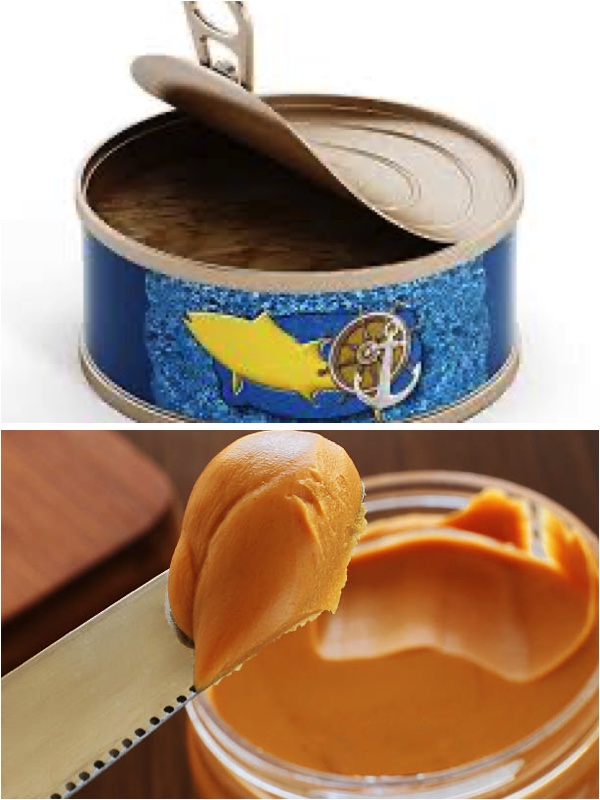As a teacher, I abide by a simple and unusual rule in my classroom:
No compliments based on physical appearance.
I do not comment on a student’s wardrobe, hairstyle, shoes, or anything related to their image, even if they ask.
Student: Mr. Dicks! What do you think of my new haircut?
Me: I think your memorization of the multiplication tables is outstanding!
Some think this policy a bit extreme, but having grown up wearing hand-me-down clothing and the cheapest of sneakers, I am well aware of the seemingly harmless praise often lauded upon the girl in the pretty dress or the boy in the dapper sports coat.
While the student being complimented might feel great, what about the other students in the class, some of whom might rarely be complimented on their appearance?
One person’s compliment is another person’s painful reminder of what they do not have.

Besides, a student’s physical appearance is of little importance to me as a teacher, nor should it matter to any teacher. While I’d like them to be physically fit, I tell my students I care about their words and deeds. Nothing more.
Even so, it wasn’t an easy habit to break, as our society often seems hell-bent on praising a child’s appearance at every turn. It probably took three years to strip all compliments based on physical appearance out of my teacher lexicon.
Today, I inform students of my policy on the first day of school, and their response is universally positive and appreciative.
While some adults have understood and even admired this policy, many think it is unnecessary and even ridiculous.
But not all.
After reading his piece in the New York Times entitled One Hundred Things Restaurant Staffers Should Never Do. I suspect that Bruce Buschel might appreciate my policy on physical appearance. His list includes:
42. Do not compliment a guest’s attire or hairdo or makeup. You are insulting someone else.
While I’m not sure if complimenting a student’s appearance means insulting another student, there’s a good chance that you are neglecting one or unintentionally making one or more students feel subpar, and that’s bad enough for me.








